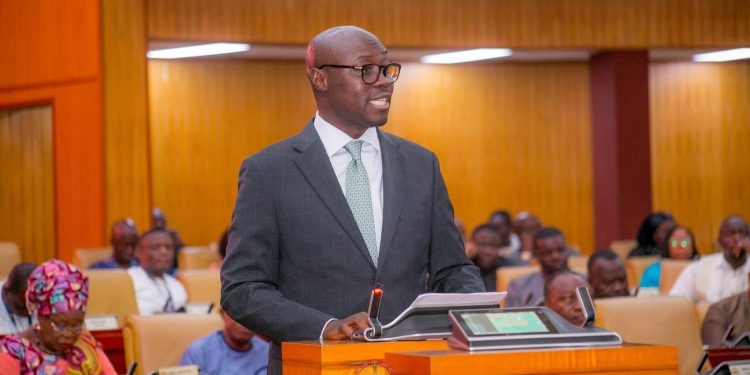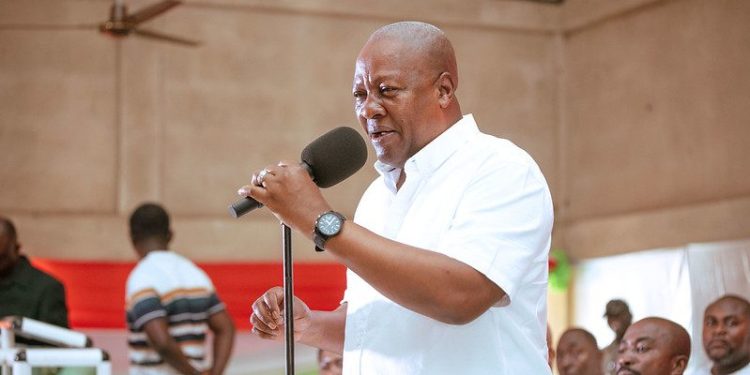The Managing Director of the Electricity Company of Ghana (ECG), Mr. Samuel Dubik Mahama, has clarified that the new Value Added Tax (VAT) on electricity consumers beyond the lifeline threshold is not being charged yet.
The Finance Ministry had already directed the ECG and the Northern Electricity Distribution Company (NEDCO) to implement the 15 percent tax from January 1, 2024.
But Mr Mahama says his outfit has not commenced charging electricity consumers, stating that there are legal and operational challenges associated with the implementation of the new tax.
In an interview with Citi FM, the ECG MD revealed that ECG is still in discussion with the Public Utilities Regulatory Commission (PURC) over the implementation of the 15% VAT.
“It is on record, we have not implemented it, and we are not charging it…There are some difficulties that have to be checked with the law so I don’t think that it is time for people to panic, it is not panic mode yet,” he explained.
Mr Mahama indicated that the issue “is a conversation being had, [and] might even reach a point where the whole law will be looked at and recrafted.”
TUC’s Concerns
Barely two weeks after the announcement of the new tax, the Trades Union Congress (TUC) had to vehemently oppose it, citing serious implications on Ghanaians.
On Tuesday, January 23, about 35 workers unions under the TUC held a press conference in Accra and gave the government a seven-day ultimatum to withdraw the imposition of the VAT on electricity consumption above lifeline.
The Secretary General of TUC, Dr. Yaw Baah at the press conference said the new tax was unacceptable especially as its impact was detrimental on the livelihoods of pensioners and low-income earners.
Throwing more light on the impact of the VAT on electricity, TUC’s Deputy General Secretary, Joshua Ansah, emphasized that imposing such a tax is an inequitable method for the government to generate revenue.
“VAT is not the only thing the government can do to bring back the lights. I don’t think that is the only way the government can take to make the electricity supply stable when a lot of the population is suffering. This is not fair, and that is why workers are resisting it with all their might,” he said in an interview with Citi News.
“If you are bringing additional taxes or VAT, then it is an easy way for the government. There are other ways the government can use to raise revenue, and it must work harder. To be burdening workers every day is not fair,” Mr. Ansah added.
Source: Myxyzonline.com





